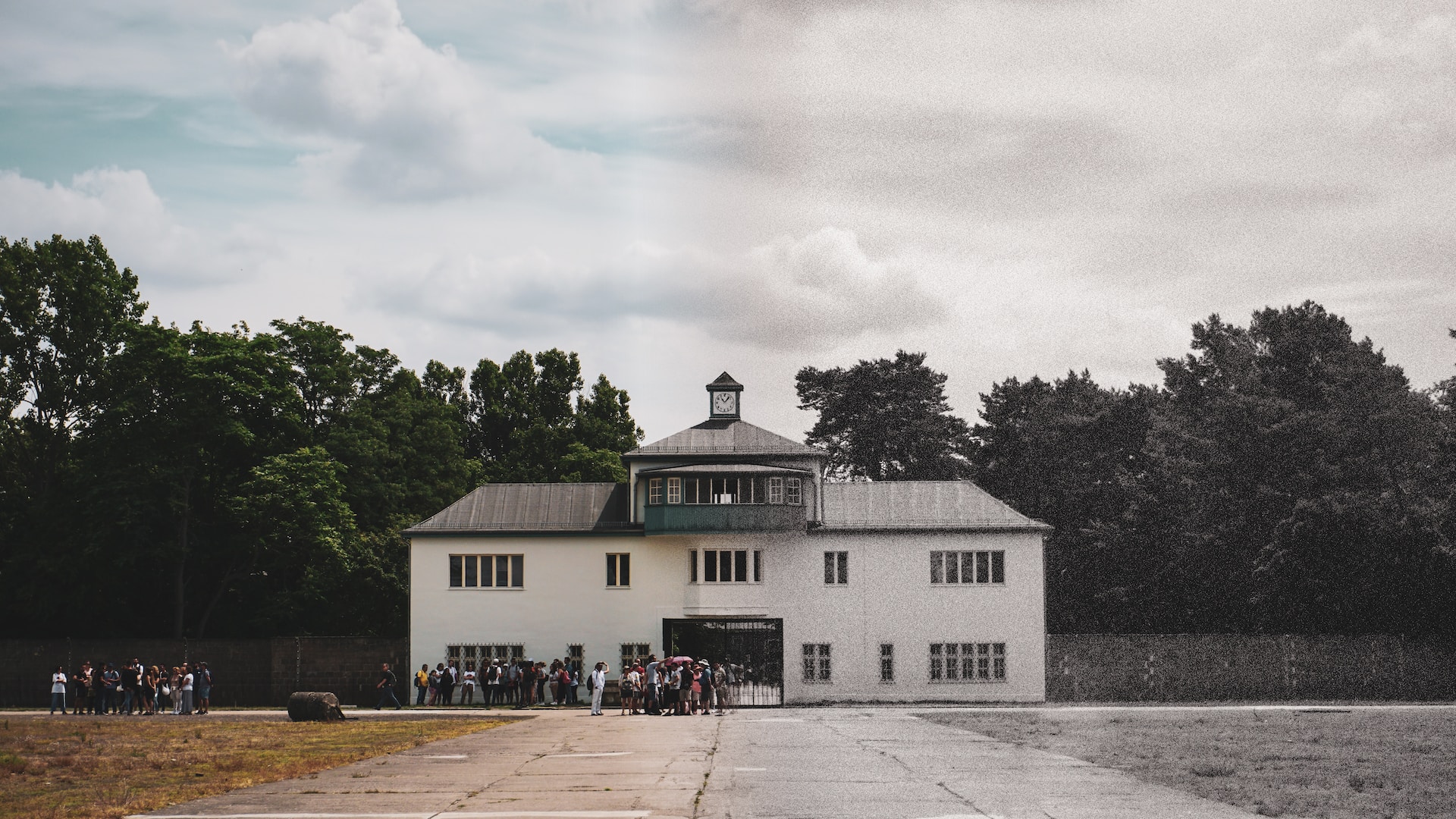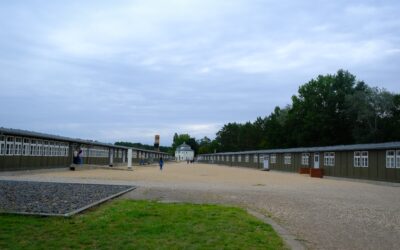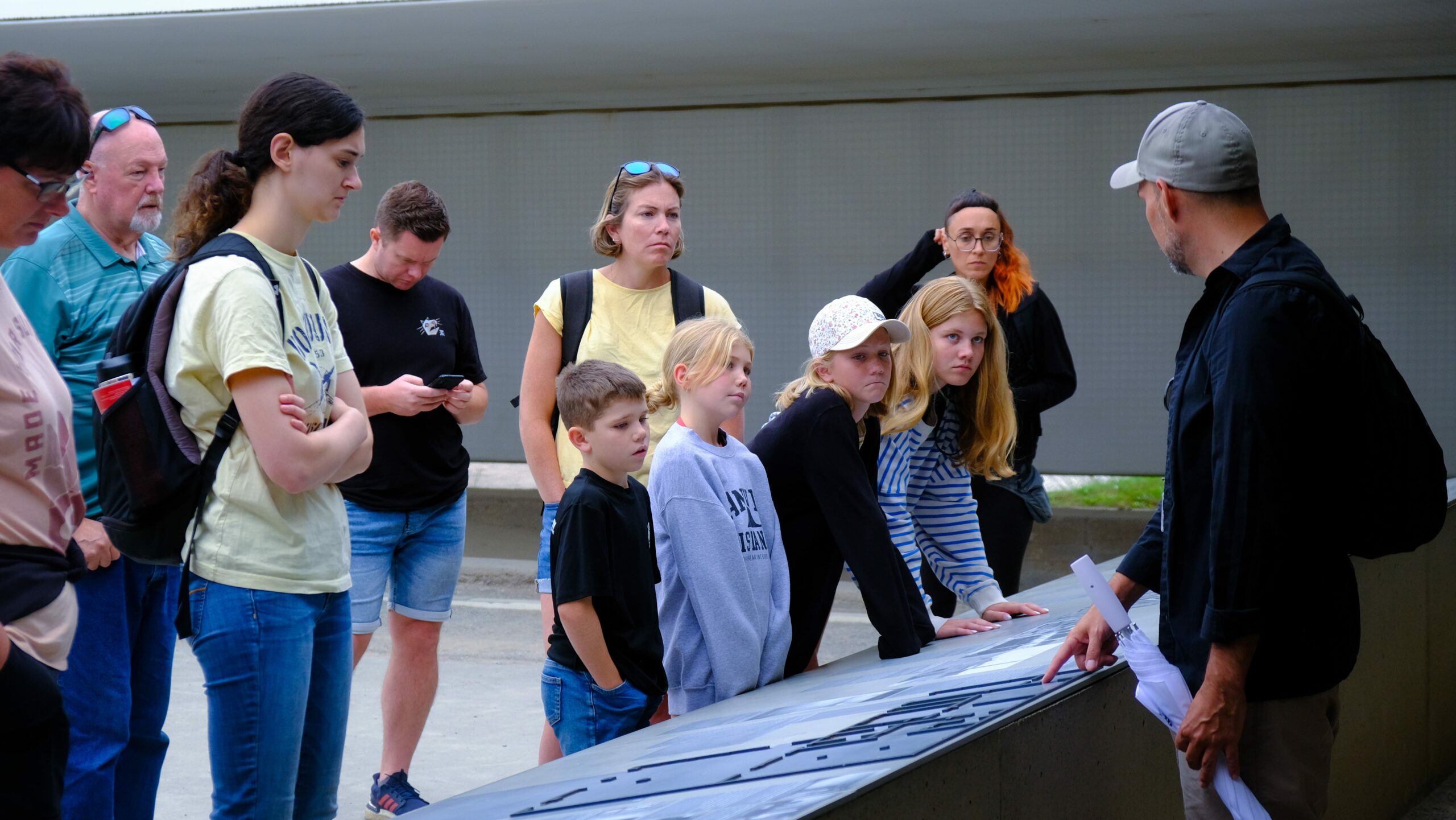Campos de Concentración, also known as concentration camps, were a dark chapter in human history. But what were they exactly, and why are they so significant? In this blog post, we will delve into the history of campos de concentración, explore their purpose, and discuss their lasting impact on society.
Understanding the Origins
Concentration camp idea started during the time of Boer War in South Africa in late 19th century. These camps were first used by the British while they were trying to gain control during the conflict, to detain Boer civilians. Actually, abbreviation of this specific period is solely known for the creation of the still famous term ‘concentration camp’.
But during the second World War the concentration activities turned into abhorrent representation of hatred and extermination. The most infamous of these were some of the camps established by the Nazis when under the command of Adolf Hitler, it targeted minorities and other people of interest for extermination which included Jews, homosexuals, people with disabilities, political opponents, Romani and other ethic minorities, and thought to be as many as six million individuals.
Why Campos de Concentración Were Established
The functions of campos de concentración were not mainly direct extermination, but imprisonment and extermination for slave labor and other purpose such as dehumanization. These camps served various functions:
Internment of Targeted Groups
People in categories that were considered unwanted by the Nazi regime were arrested and shipped to concentration camps. These comprised of Jews, homosexuals, disable people, Jehovah’s witnesses, and many others.
Slave Labor
A prisoner would be forced to work carrying out construction and manufacturing services that benefited the Nazi regime.
Torture and Medical experiments are the two main categories of War Crimes and Crimes against Humanity.
A lot of the prisoners were subject f to indescribable acts of inhumanity, physical and mental torture and other forms of destructive treatment conducted by the camp personnel in collaboration with other doctors and researchers who were conducting their heinous medical experiments on the prisoners.
Extermination
It is important to observe that not all camps, but elimination camps were created for the purpose of eliminating as many detainees as possible by gassing or shooting them.
The Legacy and Impact
Campos de concentración as a historical experience is cast as one of extremity; the spectrum of pain of which people are capable of inflicting on each other. Such camps took many millions of people innocent of any crime and also etched themselves in history.
Nevertheless, concentration camps are also relevant in understanding international humanitarian law because of the horrors connected with them. The Gentoos conducted during second world war led to formulation of Geneva conventions that formulated legal processes on prisoners of war and other civilians in conflict.
Moreover, the memory of campos de concentración keeps the work of remembering the victims and informing the future about prejudices, discriminations and totalitarianisms alive today. Monuments of violence, extermination museums, memorials, and educational programs intended worldwide bear witness to the victims and focus on justice, dialogue, and the prevention of genocide.
Conclusion
Campos de Concentración were concentration of atrocious torture and the worst form of human minority. This paper argues that such knowledge of the concentration camps’ historical background, followed by their construction and significance, is crucial for us not to allow similar tragedy to happen ever again.
In this way the lives of victims have been immortalized, people are learning more, and doing everything that can be done to ensure that the future is much better for everyone.




